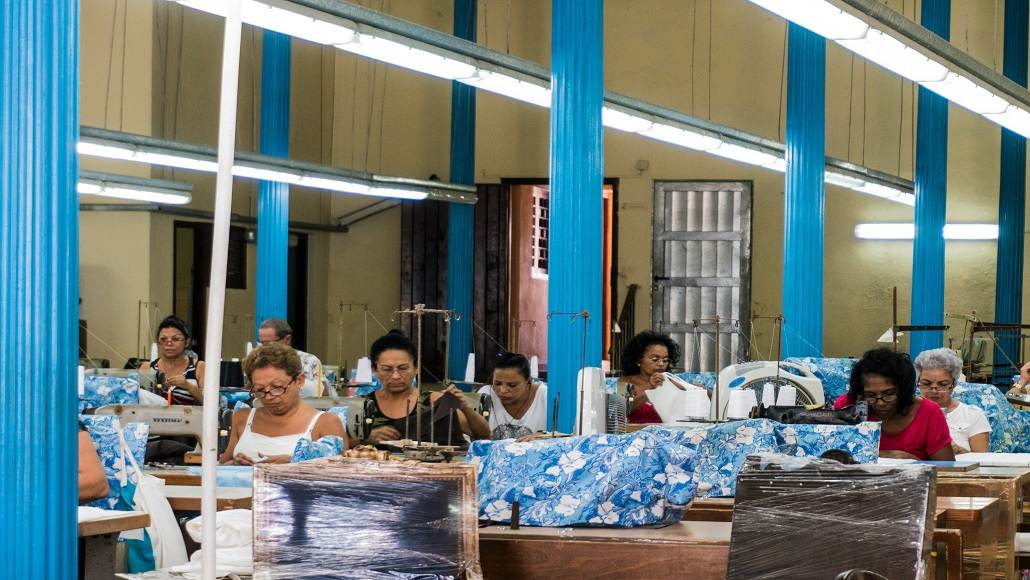The Fair Labor Association (FLA), a non-profit organization, has launched a comprehensive FLA grievance systems toolkit for companies designed to assist businesses in creating and managing effective grievance systems. This initiative aims to bolster worker representation and tackle labor issues within global supply chains.
The FLA toolkit offers a practical framework, outlining a methodical approach for developing, executing, and assessing grievance mechanisms. It includes an Excel-based audit tool and a checklist for troubleshooting, ensuring companies have ample resources for support.
The FLA grievance systems toolkit for companies emphasizes essential components, highlights typical challenges, shares best practices, and explains the business rationale behind effective grievance systems. It also incorporates case studies, field examples, and direct testimonials to offer actionable insights.
Organized into two primary sections—Informational and Operational—the toolkit is tailored to meet the varying needs of companies at different phases of establishing and implementing grievance mechanisms.
Formal grievance procedures are established, enabling individuals and Civil Society Organizations (CSOs), such as unions, to voice concerns effectively. For factories, these mechanisms play a crucial role in identifying, preventing, and addressing worker-related issues, ensuring that employees’ voices are heard in their work environment.
FLA President and CEO Jeff Vockrodt stated, “Grievance mechanisms are critical not only to protecting workers, but also to safeguarding a company’s reputation with consumers and investors. However, many brands and suppliers struggle to fully implement them. Our new toolkit will help companies establish trusted grievance processes that demonstrate that labor rights concerns are taken seriously and resolved quickly.”
To support companies in understanding and applying the FLA grievance systems toolkit effectively, FLA will conduct a public webinar on September 4. This effort is poised to significantly enhance labor relations and accountability within the fashion and manufacturing sectors.

































